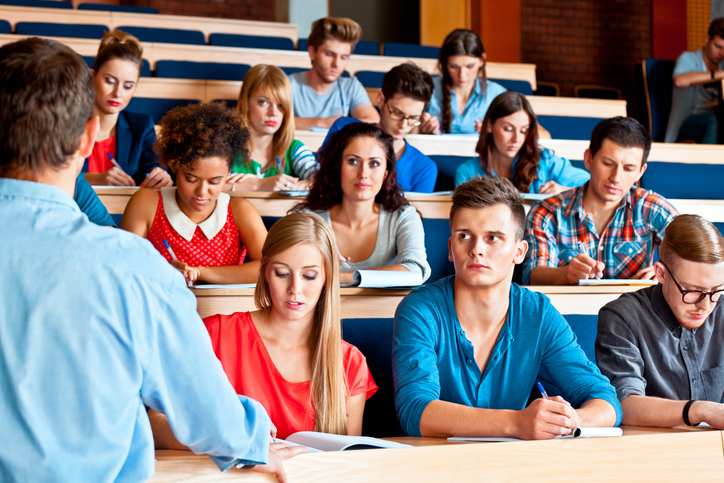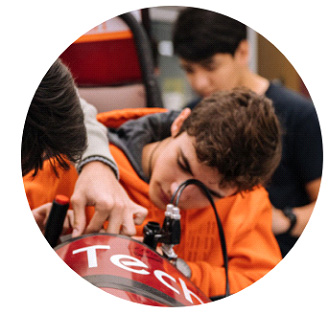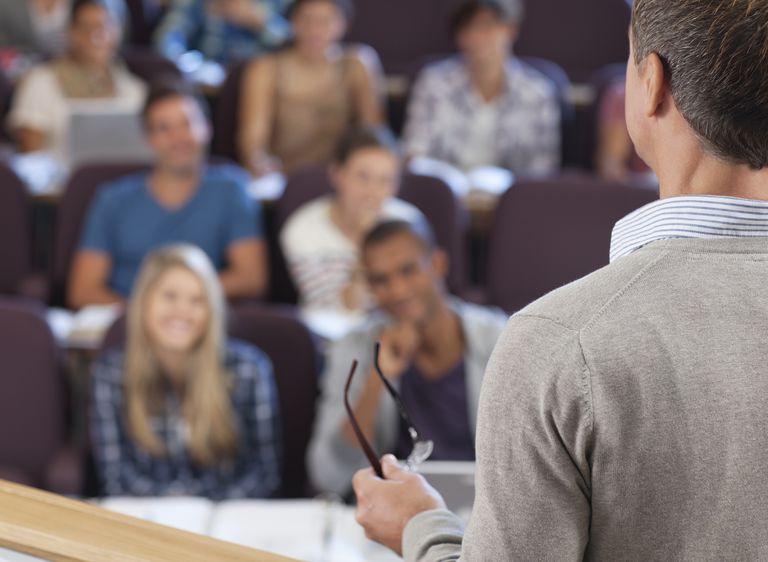Erasmus+ is the EU’s programme that supports education, training, youth and sport in Europe. Erasmus+ mobility has positive effects on educational, social, personal and professional development, in that it enhances knowledge, skills and attitudes, improves employability at national, European and international labor market, helps confidence-building and independence, stimulates curiosity and innovation, fosters the understanding of other people and playing an active role in the society, and builds a sense of European belonging.
The 2021-2027 programme budget is estimated to €26.2 billion – nearly double the funding compared to its predecessor programme (2014-2020).
It supports priorities and activities set out in the European Education Area, Digital Education Action Plan and the European Skills Agenda.
Among the other opportunities, Erasmus+ offers mobility and cooperation opportunities in higher education. 30% of the budget will be invested in cross‑border cooperation projects and policy development activities where organisations gain experience in international cooperation, strengthen their capacities, produce innovative approaches, exchange good practices and network.
The 2021-2027 programme places a strong focus on social inclusion, the green and digital transitions, and promoting young people’s participation in democratic life.
The Programme will provide enhanced chances to people with fewer opportunities, including people with diverse cultural, social and economic backgrounds, and people living in rural and remote areas. It will also be more international, easing the cooperation with third countries.
Erasmus+ will support the development of digital skills. New formats, such as blended intensive programmes, will allow short-term physical mobility abroad to be complemented with online learning and teamwork. The implementation of the programme will be further digitalised and simplified with the full roll-out of the European Student Card.
In line with the European Green Deal, the programme will offer financial incentives to participants using sustainable modes of transport. It will also invest in projects promoting awareness of environmental issues and facilitate exchanges related to mitigating the climate crisis.
The mobility of staff of education institutions in the Erasmus+ Programme frame will allow undertaking a learning and / or professional experience in another country.
We are proud to hold an Erasmus Charter for Higher Education for the period 2021-2027. We do our best to: follow the principles of Erasmus chart; offer some components, courses, programs and practical training in foreign language; improve the quality of education of foreign students; ensure bettered mentorship and support. We welcome exchange students from our Erasmus+ partner universities. We are interested in enhancing the internationalization of our university and we are happy to meet incoming staff from our partners for teaching / training.
We believe, that the opportunity to share experience and knowledge between students and university staff of different countries, nationalities and backgrounds is a determining factor for mutual understanding and development of participants and for the institutions modernization
Contacts: Erasmus + coordinator for the University of Mining and Geology “St. Ivan Rilski”: Prof. Dr. Marinela Panayotova, Faculty of Mining Technology, room 327, Phone: + 359 2 8060305, + 359 2 8060314, e-mail: m_panayotova@mgu.bg, erasmus@mgu.bg



 Formalities
Formalities